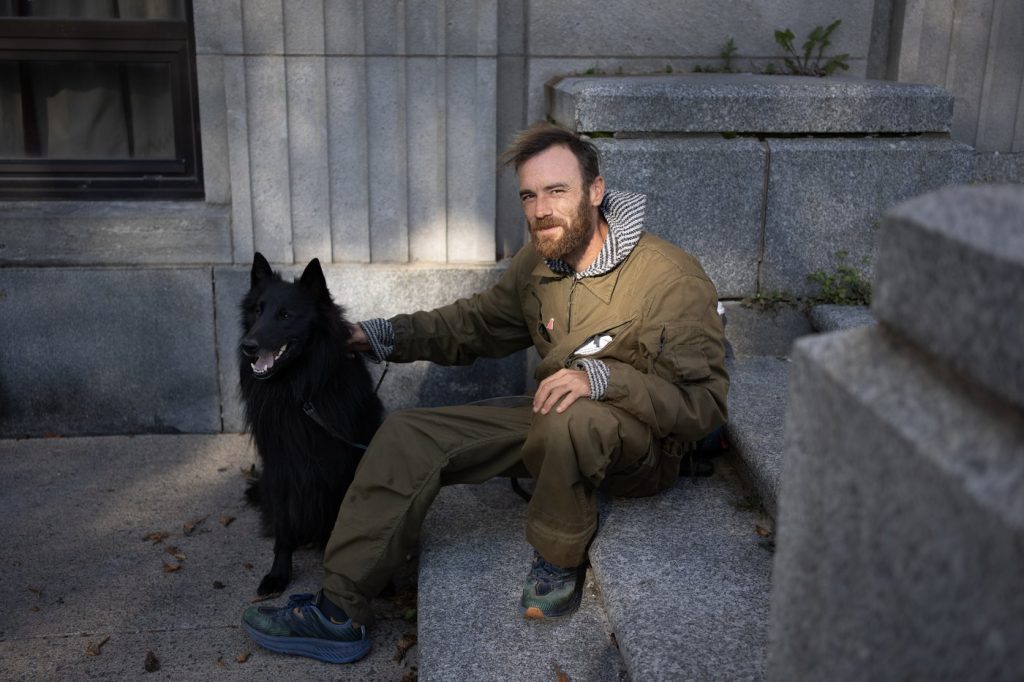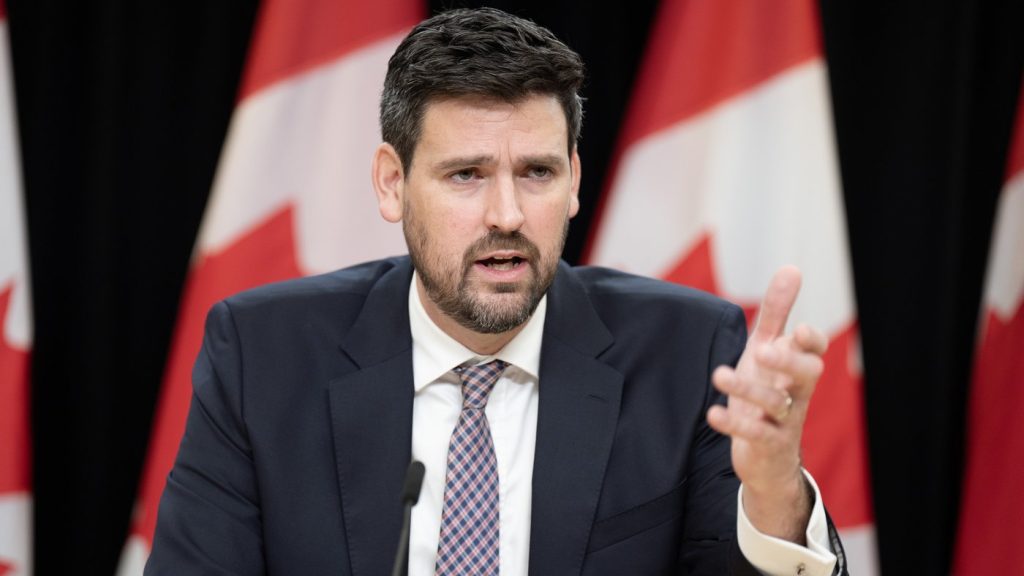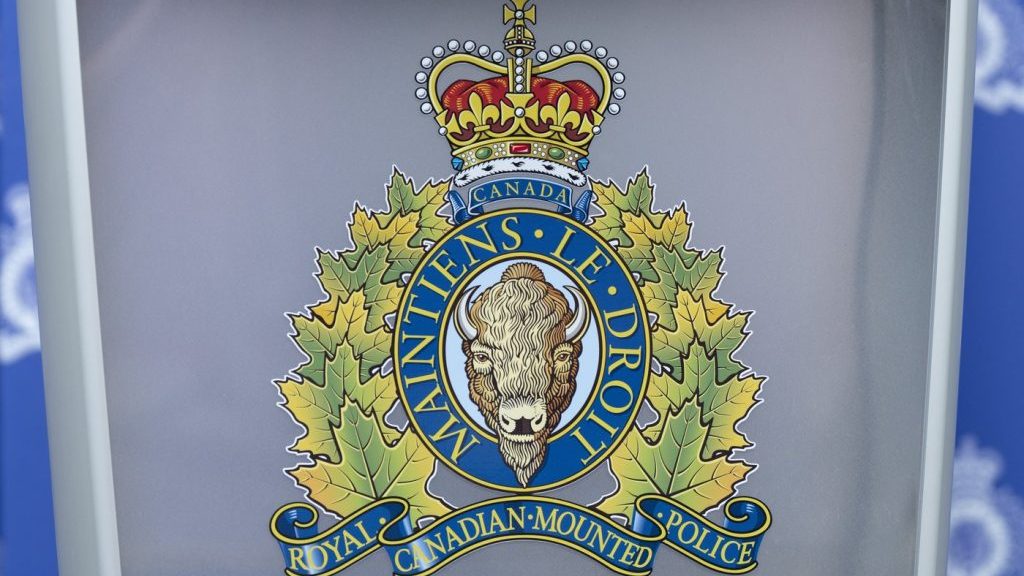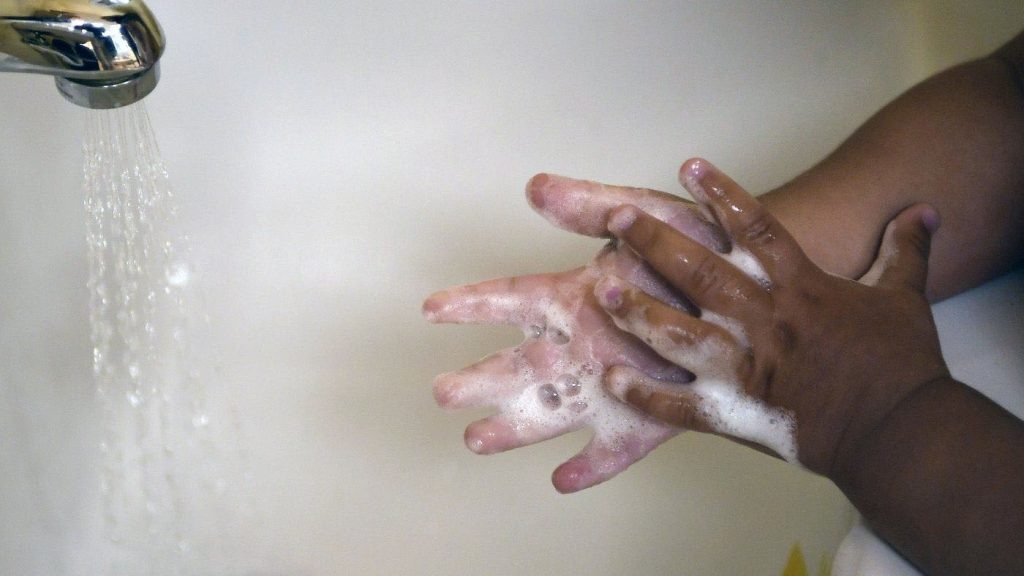Homelessness is not stopping this Halifax man from running for mayor

Posted Oct 18, 2024 05:00:09 AM.
Last Updated Oct 18, 2024 12:45:17 PM.
HALIFAX — With a crowded field of 16 candidates vying to be Halifax’s next mayor, candidates have not always found it easy to stand out. But one thing sets Andrew Goodsell apart and makes him uniquely positioned to comment on a central campaign issue: he is living rough in a tent in the city’s south end.
Goodsell, who is 38, moved to Halifax from eastern Ontario about a decade ago. Having experienced homelessness at different periods of his life, Goodsell says he is running in Saturday’s election to offer voters an alternative to the career politicians who typically get elected.
“I was like ‘Well, I’m not voting for these guys that are running right now. We don’t need more of the same. We need something different,’ so I picked up my phone and called city hall,” Goodsell said in an interview at a picnic table Wednesday.
He said the process to be registered as a candidate was straightforward: all he had to do was gather at least five nomination signatures and pay a $200 fee. He appointed himself as his own official campaign agent and provided as his address an office of the province’s Department of Community Services.
Not surprisingly, Goodsell’s election platform focuses largely on housing. His No. 1 pledge is to create what he calls “dignified public housing” to make sure Haligonians have a place to call their own in a city where the cost of living has shot up and homeless encampments have proliferated.
One of the leading contenders for the mayor’s job, former Liberal MP Andy Fillmore, has said he would stop the expansion of encampments and remove tents appearing in non-designated areas within 24 hours. Goodsell, who said he has been ordered out of non-designated areas with little notice, said more support needs to be in place.
“It’s clear when you look at the costs, (it costs) more than twice as much to keep someone homeless as it does to house that individual,” Goodsell said. His other campaign pledges include prioritizing affordable transit and imposing stricter conditions on developers.
There are many signs of Goodsell in downtown Halifax, whether it be a tent he sometimes pitches near the old Halifax Memorial Library, a table where he can be seen folding origami or his “Andrew Goodsell for Mayor” slogan written in chalk on sidewalks, enclosed in a heart. Voters also have a good chance of bumping into him with his black Belgian shepherd Dusty in tow.
Goodsell’s campaign includes weekly meet-ups outside the former library on Sundays. He has also printed a few hundred flyers to hand out, but as a candidate on a significantly tighter budget — he says he lives on income assistance that provides about $400 a month — Goodsell has relied largely on social media to spread his message.
Polling puts Goodsell far behind Fillmore and current city councillors Waye Mason and Pam Lovelace in the race to be Halifax Regional Municipality mayor, but with about one per cent support he is still in the top half of the field.
Jeff Karabanow, a social work professor at Dalhousie University, said Goodsell’s candidacy helps break the myth that unhoused people don’t participate in civil society.
“Here’s an individual who’s deeply engaged in the politics of the day …. It demonstrates the diversity of folks who are unhoused these days,” Karabanow said in an interview.
Tamara Stein, a housing advocate who works with unhoused people in Halifax, echoed Karabanow, saying Goodsell brings an important perspective to the campaign.
“Nobody knows better what’s going on than somebody who lives it,” she said. “If you’re running for something and fighting for something you believe in, then it shouldn’t matter what your stature is.”
As election day approaches, Goodsell said he hopes his campaign has inspired people.
“If I’m able to run and do this with zero support … hopefully I’m inspiring someone out there that’s got the capabilities more so than me to actually reach out to people,” he said.
He describes himself as simply “two feet and a heartbeat,” using sidewalk chalk to spread the word. “The amount of people I’ve been able to reach out to is a clear example that, if you are willing to put in the effort in, you’ll get the people behind you.”
This report by The Canadian Press was first published Oct. 18, 2024.
Cassidy McMackon, The Canadian Press








